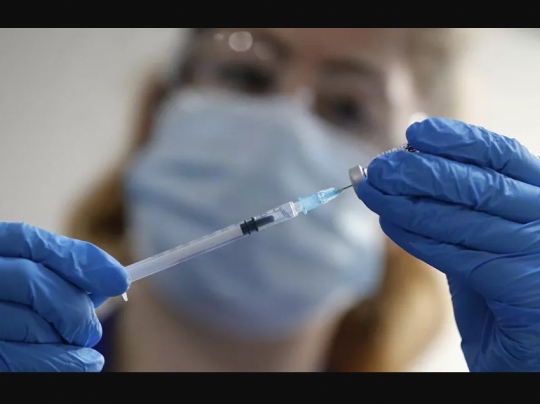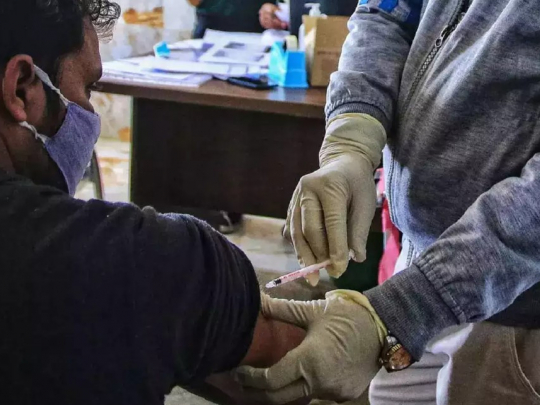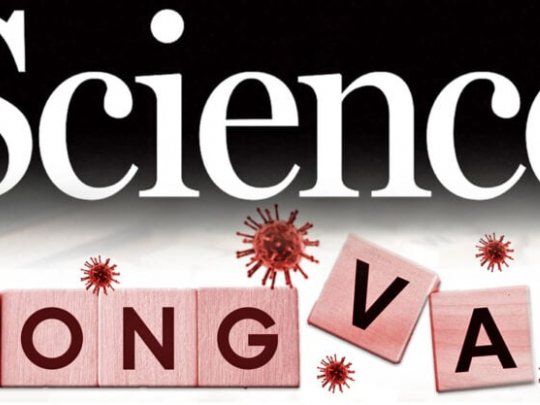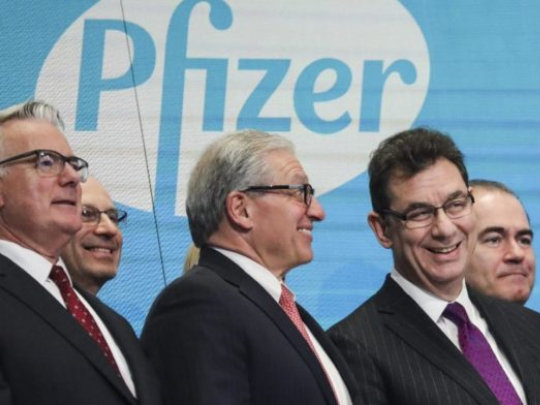UK Health Watchdog Issues Warning After Two People Suffer Allergic Reaction to Pfizer Vaccine

Doctors will start giving the Pfizer/BioNTech vaccine next week with more supplies of the jab expected to be shipped into the UK in the coming days. It comes after the first vaccinations were given on Tuesday.
The UK's Medicines and Healthcare products Regulatory Agency (MHRA) has warned people who have a history of "significant" allergic reactions not to take the Pfizer/BioNTech COVID-19 vaccine.
It comes after NHS England confirmed two workers who had the vaccination on Tuesday, 8 December, suffered allergic reactions, it has emerged.
Interested in finding out more about how we authorised the Pfizer/BioNTech #COVID19 vaccine before others?
— MHRAgovuk (@MHRAgovuk) December 8, 2020
Our Chief Executive, Dr June Raine, explains: https://t.co/IaxatgtnJX
This article was originally published in @thetimes: https://t.co/0kIOKjp5OH pic.twitter.com/ZxzWmFuM1x
?The Evening Standard reported that Professor Stephen Powis, national medical director for the NHS in England, said: "As is common with new vaccines the MHRA have advised on a precautionary basis that people with a significant history of allergic reactions do not receive this vaccination after two people with a history of significant allergic reactions responded adversely yesterday. Both are recovering well."
Two UK care workers who took the Pfizer vaccine have suffered violent allergic reaction. UK government says people with allergies should not take the vaccine until further notice. UK public is being used as guinea pigs.
— Robert Miller (@rob_miller12345) December 9, 2020
Britain rolled out a mass coronavirus vaccination program on Tuesday and the first doses will primarily be administered to NHS workers, high-risk groups and people aged over 80.
A video was shared online showing the second person in the UK to receive the vaccine - the splendidly monikered William Shakespeare, 81, from Warwickshire.
What exactly was their allergic reaction to the vaccine?
— Mr.B (@thetruebluechef) December 9, 2020
Pretty bad I would imagine to make the news?
Many social media users in the UK shared concerns about the vaccine and said they were in no rush to take it.
Last month Dr Ruth Blue, secretary of the Thalidomide Society, said talk among anti-vaxxers of comparisons between the vaccine and the thalidomide scandal in the 1960s were a red herring.
Meanwhile the Food and Drug Administration in the United States will meet on Thursday, 10 December, to decide whether to distribute the Pfizer/BioNTech vaccine.
Meet Maggie: the first person in the world to receive a fully-tested and approved Covid-19 vaccine on the NHS. pic.twitter.com/eb2ijTMSLW
— NHS England and NHS Improvement (@NHSEngland) December 8, 2020
June Raine, the chief executive of MHRA, said they would examine all the data from the COVID-19 vaccine trials carried out by Oxford and AstraZeneca.
She said: "Our regulatory review is all encompassing. We will look at all available data."
On the MHRA website Ms Raine lauded the fact that the UK was "the first country in the western hemisphere to issue an approval (of a vaccine)."
People need to calm right down about this allergic reaction story.
— Theo Usherwood (@theousherwood) December 9, 2020
1) Common place with other vaccines.
2) The two, yes two, individuals who suffered the reaction are recovering well.
3) Our ability to recover from Covid depends on public confidence in the vaccine.
She explained how they managed this: "While the first batch of data from Pfizer was not submitted to the MHRA until early October, we began preparing our safety surveillance systems months before."
Ms Raine said: "Patient safety has always been at the heart of my work. It has been no different for this vaccine, nor will it be for the others to come."
She said the Pfizer vaccine had been independently tested by the National Institute for Biological Standards and Control (NIBSC).
There are people who are allergic to paracetamol.
— MrYesWeCan ???????????????????????????????????? (@MrYesWeCan) December 9, 2020
That doesn’t mean you shouldn’t take it.
Same goes for allergic reaction to the vaccine – which is very, very rare.
That doesn’t mean you shouldn’t take it.
?"Before any batch can reach the public, the NIBSC will conduct a rigorous assessment to check that it is consistent with characteristics derived from results for batches previously shown to be safe and effective in clinical trials, or routine clinical use. This work began in November," said Ms Raine.
- Source : Chris Summers


















